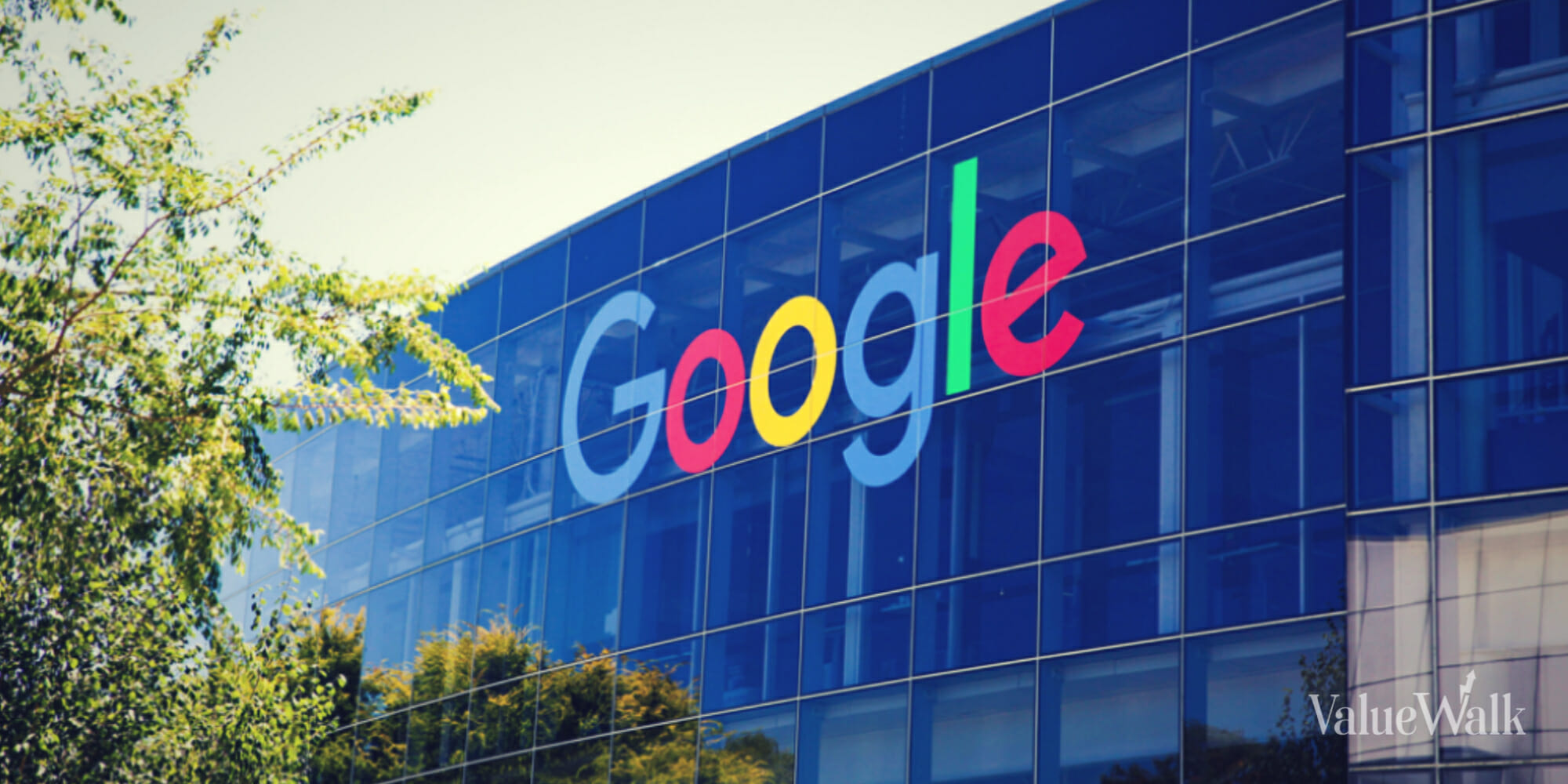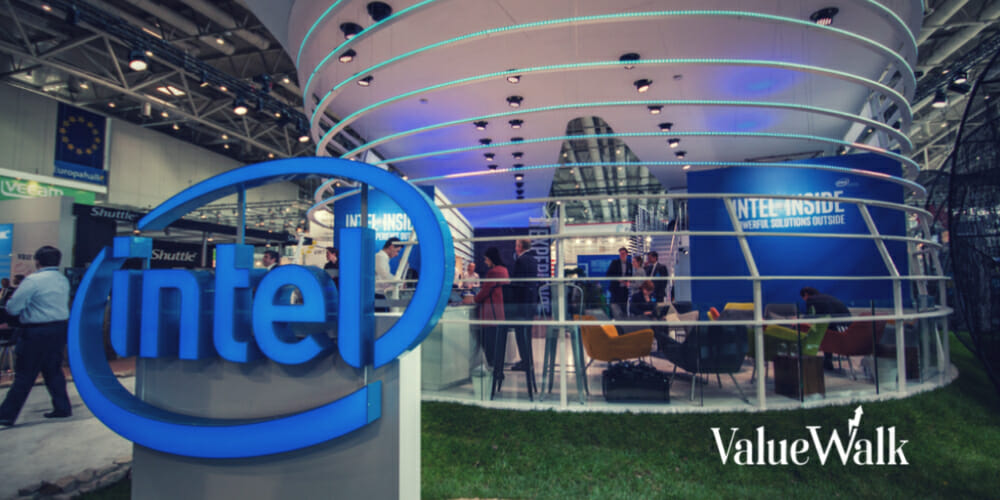The name CKE Restaurants may not ring a bell. But for even casual connoisseurs of Americana, the brands in CKE’s portfolio—Carl’s Jr. in the western half of the US, Hardee’s in the east—surely do.
The Amount of Debt in the Long-Term Capital Structure
The chains are among the nation’s most popular purveyors of fast food, known equally for their massive portions, low prices and advertisements featuring female models biting into massive hamburgers while in varying states of undress.
You may also be familiar with CKE’s longtime CEO, Andrew Puzder. Known for his commitment to free markets and willingness to ruffle feathers—both among competitors and his own employees—Puzder briefly emerged as a political flashpoint earlier this year, when US President Donald Trump nominated him as secretary of labor. Puzder later withdrew his name from consideration after it became apparent he lacked the votes required for confirmation.
What does all that have to do with private equity? Seven years ago today, CKE was the subject of a take-private buyout, the start of a short saga that illustrates PE’s appeal to outside investors.
CKE was publicly traded for decades, but that came to an end in July 2010 when Apollo Global Management bought the company for $12.55 per share in a deal worth an estimated $1 billion, reportedly beating out a competing bid from Thomas H. Lee Partners. The deal was completed with $456 million in equity from Apollo and a $600 million debt facility.
Not even two years later, Apollo saw the need for a change. In May 2012, CKE filed to go public on the NYSE, reportedly seeking funds to pay off debt. In late July, the company established initial terms, announcing plans to sell about 13.3 million shares for between $14 and $16 each, a midpoint pricing of which would have raised about $200 million for CKE and its shareholders.
Mere weeks later, however, CKE postponed the planned offering, with Puzder reportedly citing three primary reasons: an ongoing drought that would affect the price of corn and beef, the US Supreme Court’s decision to uphold the Affordable Care Act, and the announcement by McDonald’s of disappointing 2Q earnings. It began to appear less likely Apollo would be able to generate a hefty return.
Yet, the firm still had some tricks up its sleeve. In March 2013, Apollo and CKE announced the refinancing of CKE’s debt in an offering of secured notes priced at more than $1 billion.
And in several more months’ time, Apollo had an exit lined up. The firm completed the sale of CKE to Roark Capital Group in December 2013, with Reuters reporting a purchase price of up to $1.75 billion. That figure, of course, represented a significant uptick from the $1 billion Apollo paid for the company just three years prior.
The firm’s time owning Carl’s Jr. and Hardee’s shows why Apollo has been able to establish itself as a financial juggernaut: Even when its initial plans go awry, the firm still finds a way to turn a profit.
Want more on PE's past? Check out some of our previous this day in history posts.
Article by Kevin Dowd, PitchBook






